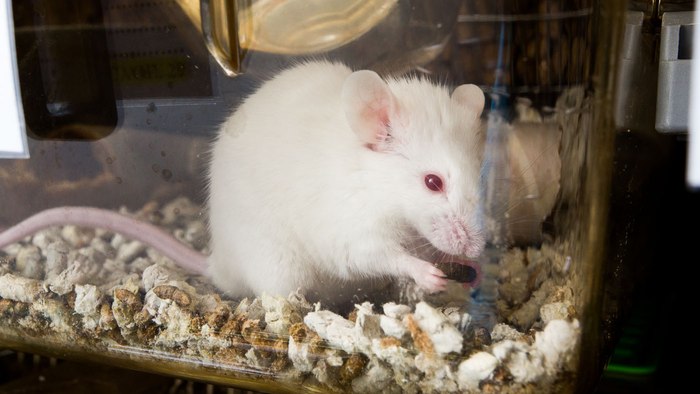A new study from researchers at the UK's University College London (UCL) has examined a rare condition that makes people unable to feel pain, known as congenital insensitivity to pain (CIP). While previous projects have had little success in fully understanding the condition, the new effort represents a big breakthrough, pinpointing the key elements that cause it.
Previous research has shown that people that suffer from CIP have a non-functional sodium channel, known as Nav1.7 – a pathway that's known to be important in passing along pain signals to the brain. With that knowledge, scientists have developed drugs that block Nav1.7 in an attempt to replicate the condition, but the results haven't been promising, having very little effect.
For the new study, the researchers decided to examine whether a second factor might be playing a part in the condition, namely natural opioid peptides – short sequences of amino acids produced in the central nervous system and throughout the body.
The researchers worked with laboratory mice with a similar lack of Nav1.7 to CIP sufferers, introducing an opioid blocker known as naloxone into their systems. The results were immediately positive, with the mice able to feel pain after the treatment. Encouraged by the development, the team then gave the blocker to a 39-year-old woman CIP. Once again, the effect was significant, with the woman experiencing pain for the first time in her life.
Opioid painkillers, such as morphine, are commonly used, but they're not suitable for long-term use, as they can be addictive, become less effective over time, and eventually stop having any effect at all. However, the required dose when used in combination with Nav1.7 blockers is very small, making it a viable way of preventing pain. Looking forward, the researchers hope that their work will lead to the development of drug that can be used to treat chronic pain patients.
Another important aspect of the study is its use of transgenic mice – creatures modified to carry the genetic material of other organisms, in this case the mutation that causes CIP patients to feel no pain. The researchers believe that the study makes a good case for the continued use of the modified rodents.
"Studying the mice showed us what was going on in the nervous system that led to painlessness and our findings were directly translatable to humans, as confirmed by the painless patient," says UCL's Professor John Wood. "Without the work in transgenic mice, none of this would have been possible and we still wouldn't know how to replicate the effects to help people suffering from chronic pain."
The findings of the research were published in the journal Nature Communications.
Source: UCL
